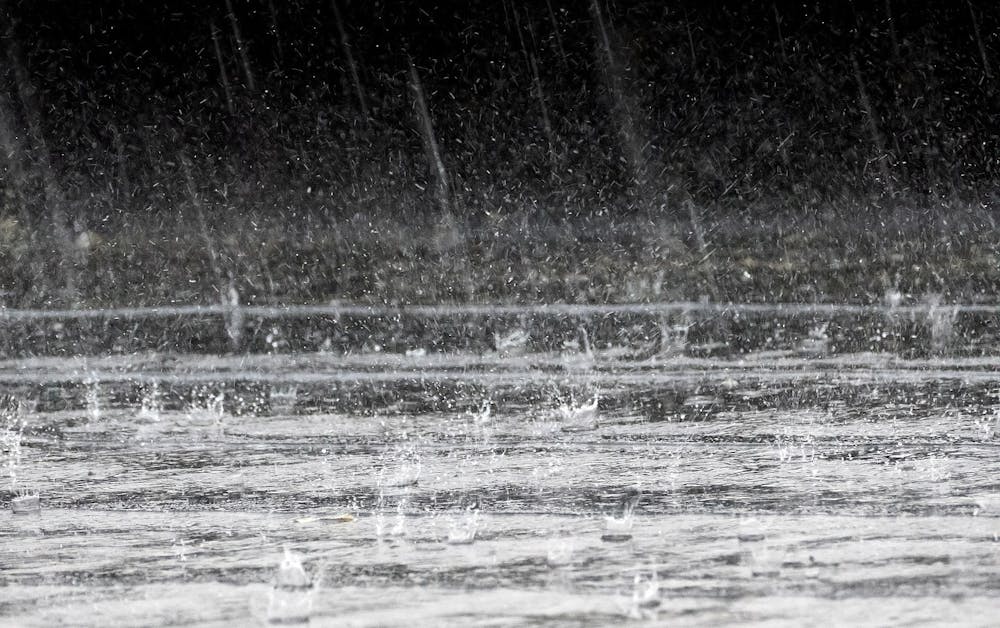As I write this, I am in the midst of a really bad day — or what is, at least, looking to be one. I tripped on a rock and got dirt on my white pants. I cannot quite bring myself to write the paper weighing on my soul. After two months and two interviews, I still don’t know if I’ve landed my summer job yet. I don’t feel very good. I cried in front of a professor. And worst of all, these events seem to have colluded in making my mood as bad as can be; I have no desire to be sociable, pleasant, or nice to the people around me.
This, however, is exactly the problem. We’re at Princeton — we are experts in having bad days. Any number of things can make our days go south, especially for such high-achieving people. A bad test grade can seem like the end of the world and a rejection from a summer program, fellowship, or job can seem like the end of a career. The pressure to perform is so high that not being our best can really drag us down.
Oftentimes, “lapses” in our high performance are attributable to us and our behavior: we didn’t study as much as we should have for a test, or we didn’t wear professional enough clothing to an interview.
But much of what constitutes our “bad days” often has nothing to do with us: I didn’t exactly foretell slipping on a rock on my way to class. I don’t know why I’m not feeling well. And at this particular moment, I cannot fathom why everything seems as if it’s conspiring against me — when I know perfectly well that it’s not. I can’t control these things, as much as I’d like to — and most of us can’t control many of things that bother us, as much as we tell ourselves we can. Even in cases where we are responsible for the end result (i.e. on a test or at an interview), the person evaluating you holds just as much weight in the final decision. A harsh grader or snide interviewer — and not you! — might be the reason for what you perceive to be failure. The fact is that we’re human, and sometimes things are truly beyond our control.
I wish I could remember that more often. Like many other Princeton students, I have a tendency to get bogged down in negativity as soon as there’s a hint of my day not going the way I want it to. But, in some cases, there’s really nothing I can do. Sure, I can roll up my sleeves and get to work on my paper or I can get OxiClean and scrub the dirt off my pants, but I can’t cure whatever it is that’s making me feel sick today. Awareness of that forces me to step back for a moment and wonder: if I can’t fix this, should I spend my time and energy getting upset about it?
The answer is probably no, but I often still get upset. I’m human; I have emotions, and I get sad, or angry, or annoyed, or mad. But in those moments, a better use of my time would be spending the time that I would otherwise spend sulking — or something — fixing the problems that I can control, and leaving the rest to sort itself out. I have no power over it, anyway.
Our time on campus is limited, as is our energy. Each one of us has a tremendous amount of skills, talent, and potential — which are all best used when furthering our goals. The moments of frustration (which, in reality, can extend far beyond just moments) at things over which we have no influence can really eat up our day, which we could otherwise spend working toward our and accomplishing our goals.
Leora Eisenberg is a senior from Eagan, Minn. She can be reached at leorae@princeton.edu.








